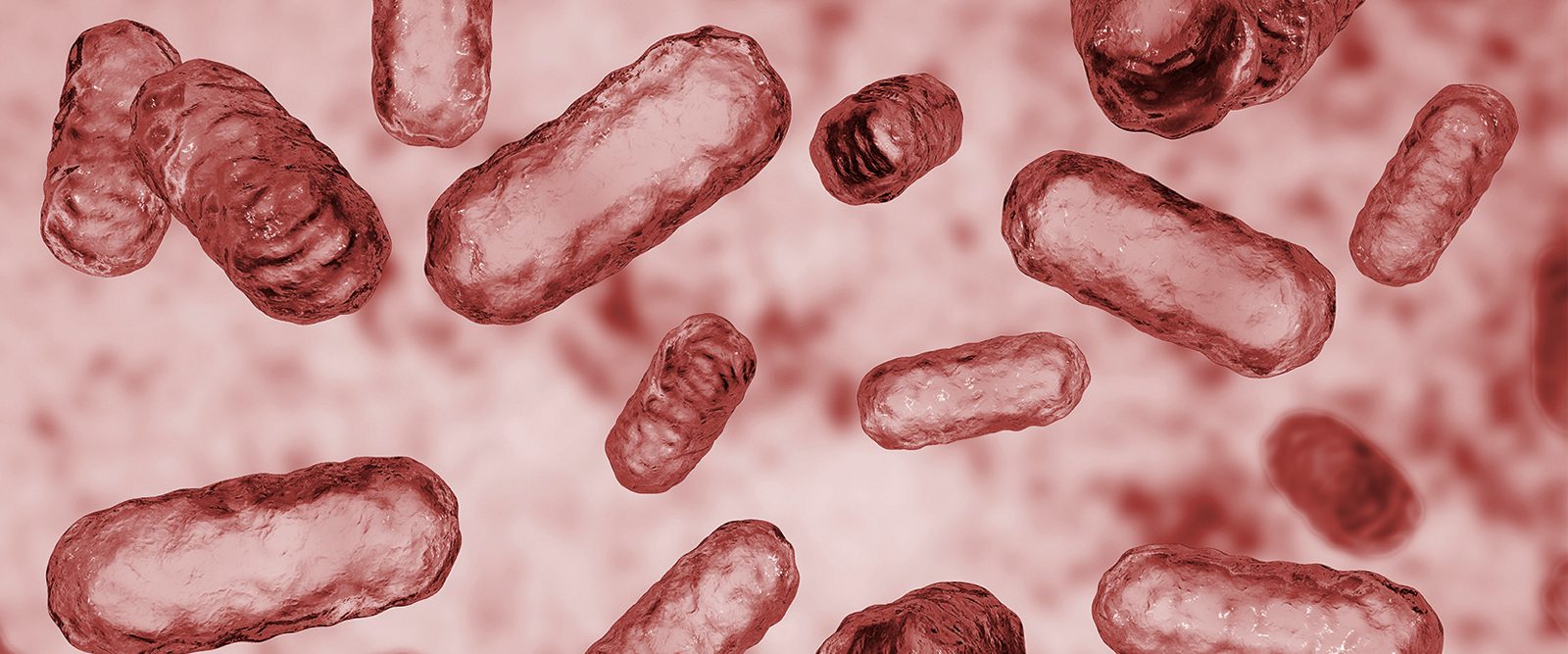Can the Gut Microbiome Detect Autism?
A clinical psychologist explains new research on the link between the gut and the brain and how it may impact screening for autism.

A new, comprehensive study is giving insight into the relationship between autism spectrum disorder and the gut microbiome.
Scientists from the Chinese University of Hong Kong examined stool samples of more than 1,600 children ages 1 to 13, both with and without autism. Unlike past research, which has focused on bacteria in the microbiome, the researchers sequenced for a wide range of different microbes in the gut. They discovered 14 archaea, 51 bacteria, 7 fungi, 18 viruses, 27 microbial genes, and 12 metabolic pathways that were unique to children with autism compared to neurotypical children. Using this data, they found a diagnostic rate of nearly 80% accuracy.
The study not only confirmed a link between autism and the gut microbiome, but it also offered promise of using stool samples as a tool when evaluating for autism. In the U.S., an estimated 1 in 36 (2.8%) 8-year-olds were identified as having autism in 2020, according to the Centers for Disease Control and Prevention.
“It is a well-known fact that autism is associated with the gut, and we don’t really know why,” said Dr. Stephen Kanne, director of NewYork-Presbyterian’s Center for Autism and the Developing Brain. “We are always excited about any new measure that may increase our ability to capture autism as fast as we can. The caution is using it as a diagnostic evaluation because there are so many variables when it comes to making a diagnosis of autism.”
Health Matters spoke to Dr. Kanne about the latest research and what it means for children with autism.

Dr. Stephen Kanne
Before this study was published, what was previously known about the link between autism and the gut microbiome?
There’s no clear explanation yet as to why the microbiome is different for people with autism, but we know of some interesting intersections.
One is that children with autism tend to have more constipation, diarrhea, and aversions to certain foods. They also have sensory differences — sensitivity to smells, touch, tastes, sounds — which can cause changes in diet. For example, a child may not like a certain texture or only eat one color of food. We don’t know why children with autism have sensory differences, but it does lead to gut issues.
In addition, there is a whole line of research that shows neurochemicals in the brain used for communicating and mood regulation (like dopamine and serotonin) are also present in the gut, which proves there is a clear gut-brain connection in all of us.
The big question is the causal connection — is the gut microbiome causing autism, or is autism causing gut issues? Or is it a genetic issue that causes both? So we still need to learn more about the different ways that the microbiome and autism may be related.
Do you think the study will change how autism is detected?
If we know the microbiome is associated with different cases of autism, we could use stool samples as a screening tool. It would suggest a risk for autism, but not confirm it. It’s like taking a temperature when you feel sick: The symptom is a clue, but it could be the flu, a cold, or COVID.
For a true autism diagnosis, we always see the child in person. That’s the difference between a screening and diagnostic evaluation.
What is the current screening process for autism?
It usually starts with a parent noticing a developmental challenge or difference in their child and filling out a questionnaire. The best questionnaire is the Modified Checklist for Autism in Toddlers (MCHAT). It’s online and for free. The American Association of Pediatrics has actually recommended that all children do the MCHAT and for pediatricians to include it at 18- and 24-month-old wellness visits. The questionnaires catch a lot of people who have autism, and they also catch a lot of people who don’t have autism and have something else going on.
Another screener getting a big foothold in the field of autism is eye-tracking devices that demonstrate a risk.
So whether it’s stool samples or questionnaires or eye tracking, I’m all for it if the screening measure leads to a diagnostic evaluation. What you don’t want to do is overinflate a particular screening method because autism is so complex. It’s not like a disorder you can diagnose with a simple blood test.
How important is early screening for autism?
The sooner we know, the better, because we can help children address whatever challenges they have and support the families.
Let me give you two examples. A lot of our kids have trouble with language. The faster we can improve their ability to communicate, the more able they are to engage in the world around them, to go to school and learn. And if it’s a language disorder, an early diagnosis makes a difference in terms of how we might treat it.
Another is behavioral. A lot of kids have significant problems at home, so we have what we call our “early intervention classroom” to learn what is the cause of their behavior? Why is the child acting out? When the behavior gets better at home, a child can become more social with peers at school and communicate with parents. So early identification and treatment can make a huge difference.
After an initial screening, how is autism diagnosed?
The diagnostic process is evidence-based, and it’s really effective. If autism is present, we can see it in children as young as 12 months of age.
First, we gather information from as many sources as we can, including parents, caregivers, and schools. We ask for developmental history, medical history, and autism-specific symptom history. Then we have direct interaction and observation with the child. We usually do a cognitive or developmental assessment, and we test to see if the child has symptoms that we know are consistent with autism.
Lastly, we give the family lots of recommendations on where to go and what to do next. The autism diagnosis is only part of the visit. The big part is, how do we support families afterwards? How can they navigate the system of care? We try to focus on this part as much as we can.
